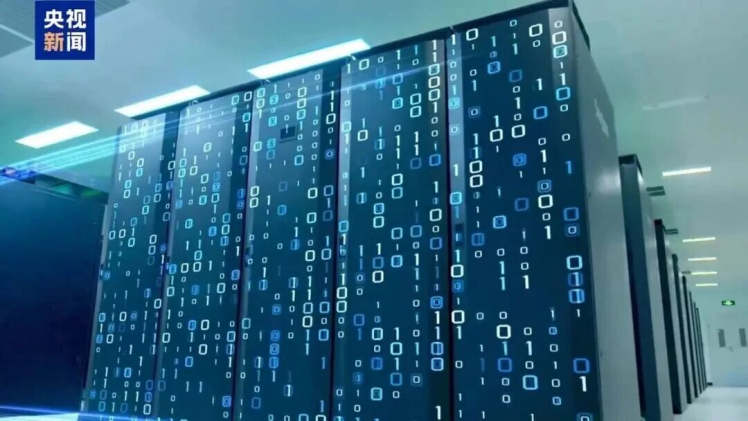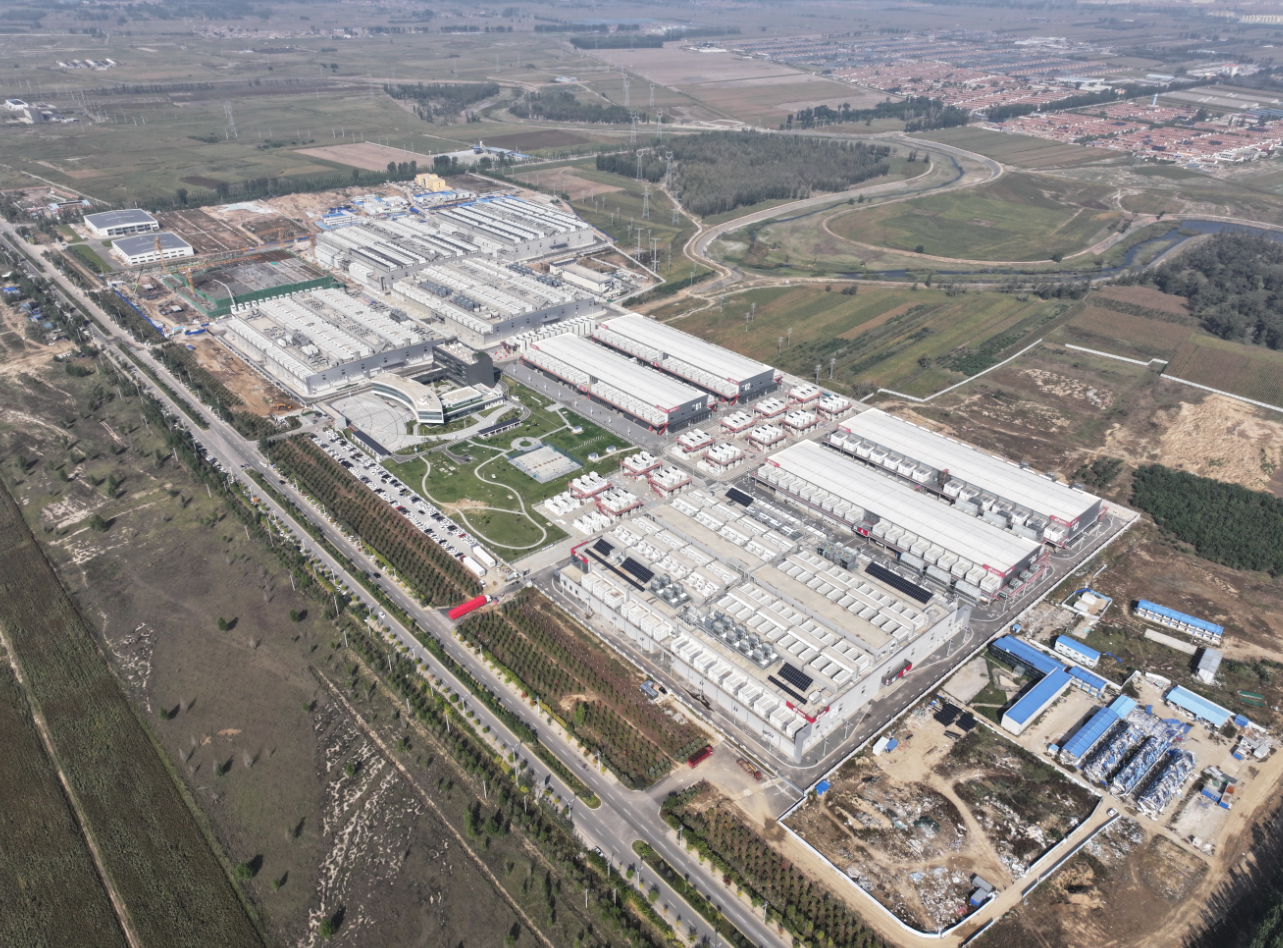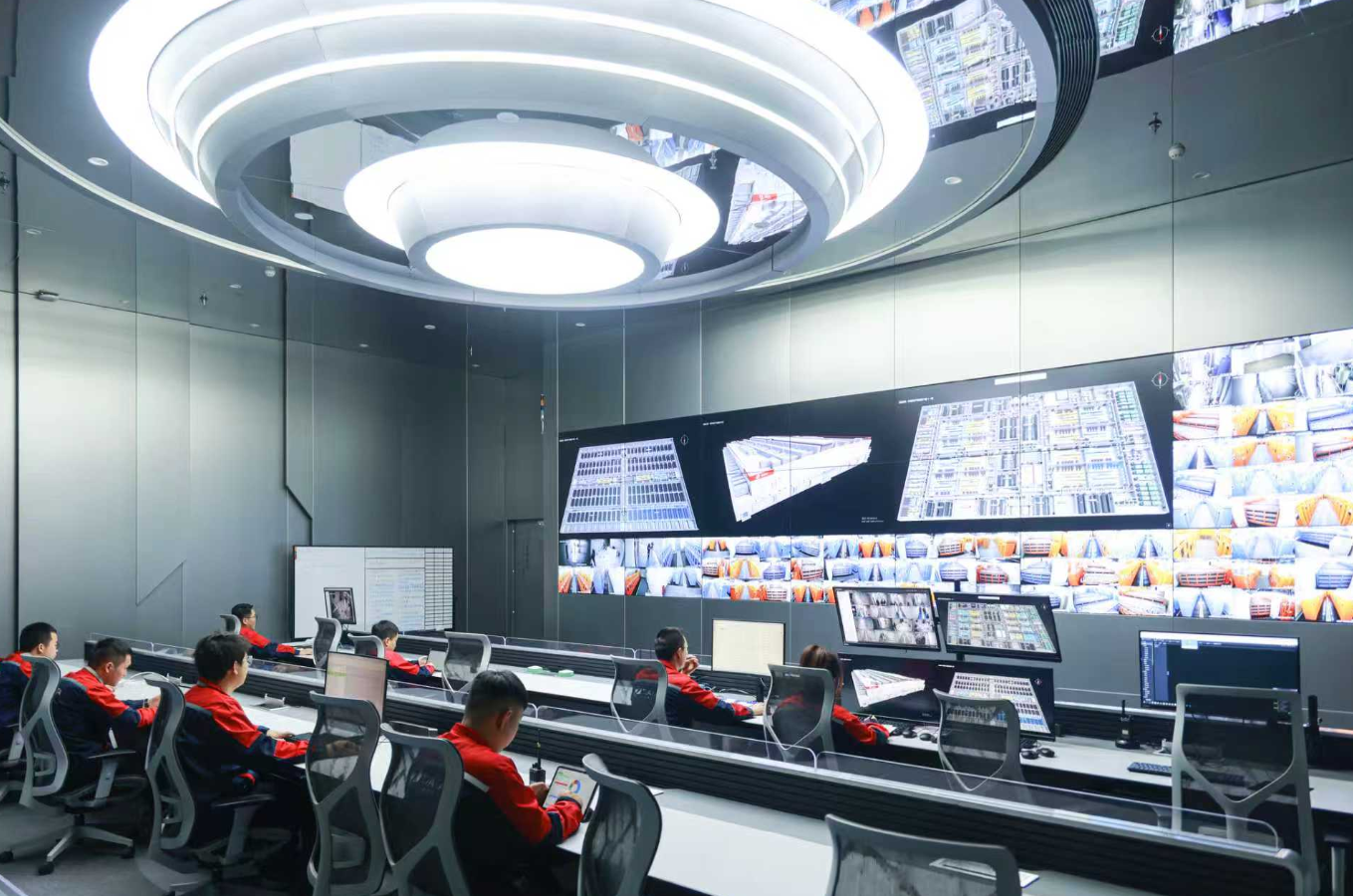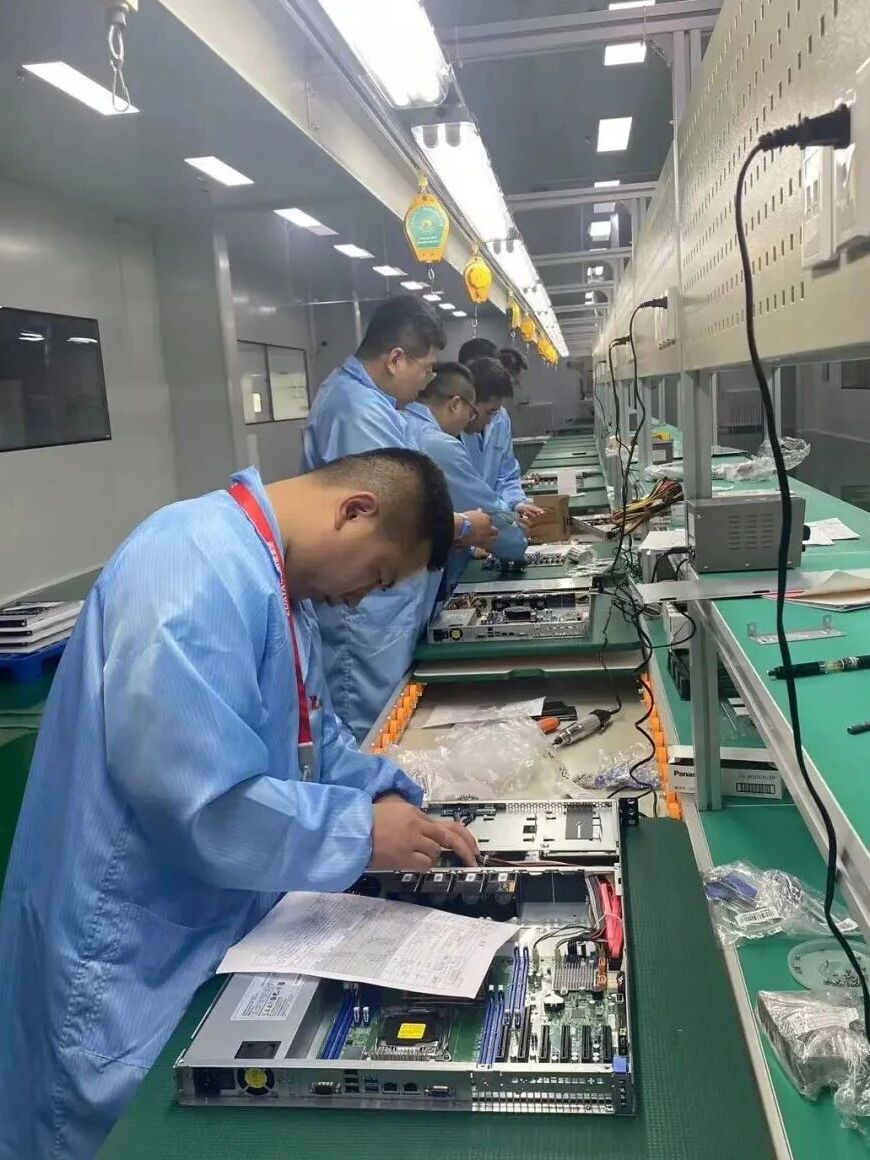Empowering the Digital Economy with Green Computing Power, Jointly Building a New Future of the "Computing Power City"
Recently, the flagship news program of China Media Group, "Xinwen Lianbo," published a special report titled "Datong 'Computes' a New Future," providing an in-depth interpretation of the key role of computing power in the digital economy era and the development of Datong's computing power industry. The report highlighted the innovative practices and outstanding contributions of ZDATA in the development of Datong's computing power industry.
Leveraging Datong’s Advantages: Creating a Model of Green Computing Power
In the wave of the digital economy, computing power has become an indispensable key productive force, similar to "water, electricity, and coal," supporting everything from daily shopping to artificial intelligence. As a leader in the computing power industry, ZDATA deeply cultivates computing power infrastructure and services, committed to driving social digitalization through innovative technologies.

As the host city of the 2025 China Computing Power Conference, Datong, with its unique advantages of "Two Lows and One Stability" (low temperature, low latency, and geological stability), has become fertile ground for the development of the computing power industry. ZDATA chose to establish its presence here precisely because these inherent conditions highly align with the group’s green development philosophy.

Inside the ZDATA Green Big Data Industrial Base in Yanggao County, Datong City, rows of server cabinets are arranged in order, with signals flickering as they perform complex mathematical calculations, big data analytics, and cloud computing services day and night using powerful computing power. Ma Chao, Senior Vice President of ZDATA, stated, "The daily electricity consumption of one of our bases is around several million kilowatt-hours, with an annual electricity consumption of approximately several billion kilowatt-hours. Currently, the transaction-to-consumer electricity price is maintained within 0.5 yuan per kilowatt-hour."

At the end of August, during the 2025 China Computing Power Conference, Ning Wenxin, Secretary of the Party Working Committee of Datong Economic Development Zone, announced that policies for computing-power coordination would soon be introduced. These policies aim to reduce the electricity prices for computing power centers to relatively low levels through a market-based electricity trading mechanism that does not rely on subsidies. Ma Chao emphasized, "Through green electricity transactions on the power trading platform, the project can reduce carbon emissions by hundreds of thousands of tons annually, laying a solid foundation for building a low-carbon, green computing power industrial base."
Industrial Chain Collaboration: ZDATA’s Full-Chain Layout.
Zhonglian Lianzhi, as a server manufacturing enterprise for computing power centers, secured orders worth 190 million yuan in its first year of operation. It also provides one-stop after-sales services, including server maintenance, disassembly, modification, and configuration. Centered on the full chain of "hardware manufacturing—computing power services—data application," it assists Datong in achieving synergistic development across the upstream and downstream sectors, building a comprehensive computing power ecosystem.

Kang Nan, Vice President of ZDATA, pointed out, "By establishing supporting facilities around Datong’s computing power industry, we have significantly reduced supply chain costs and improved service response efficiency. At the same time, local production and maintenance have also reduced the transportation costs of equipment and components."
From the "Coal Capital" to the "Computing Power City," Datong’s transformation provides a model for resource-based cities in China. As a deep participant in this process, ZDATA will persistently adhere to technological innovation, industrial chain collaboration, and green development. It will assist Datong in achieving an economic transformation from "exporting coal and electricity" to "exporting computing power and services," empowering various industries and illuminating the future.
Recommended News
-
08/062024
Delegation of Zhongguancun Unicorn Enterprise Development Alliance Visited ZDATA
-
09/152025
2025 CIFTIS World Frontier Technology Conference | ZDATA Project Selected as "Next-Generation Information Frontier Technology Innovation Benchmark Case"
From September 10 to 14, the 2025 China International Fair for Trade in Services (CIFTIS) was held in Beijing. With the annual theme of "Digital Intelligence Leading the Way, Services Trade Renewed," this year's CIFTIS aligned with the trends of digitalization, intelligence, and green development in services trade. It focused on specialized fields such as artificial intelligence, healthcare, and the integrated development of business, travel, culture, sports, and fitness, showcasing innovation achievements from multiple countries and regions.

